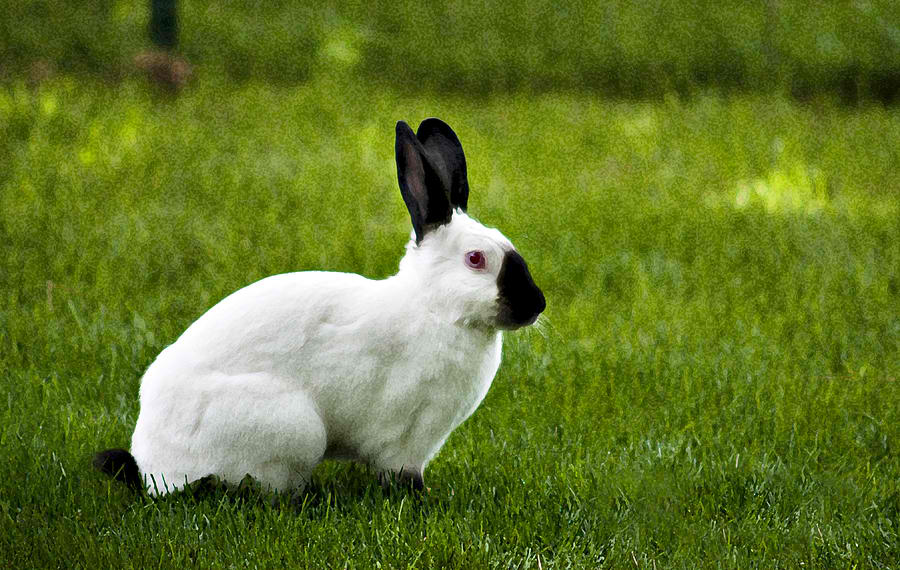Rabbits, with their twitching noses and fluffy tails, are known for their ability to multiply rapidly. Understanding the gestation period of rabbits is essential for rabbit breeders and enthusiasts alike. From conception to the arrival of adorable baby bunnies, this article explores the intricacies of the rabbit’s gestation period and what you need to know about it.
The Duration of Rabbit Gestation
How Long Is a Rabbit Pregnant? Rabbit gestation, also known as pregnancy, is relatively short compared to many other mammals. On average, a rabbit’s gestation period lasts about 28 to 32 days. However, this can vary depending on several factors, including the rabbit’s breed, health, and environmental conditions.
Breeds and Variations
Different rabbit breeds may have slight variations in their gestation periods. While the average range remains around 28 to 32 days, some rabbits may give birth slightly earlier or later. It’s essential to be aware of your specific rabbit’s breed characteristics to anticipate the timing of their pregnancy.
The Stages of Rabbit Gestation
Understanding the stages of rabbit gestation is crucial for rabbit breeders and those caring for pregnant rabbits. Here’s a breakdown of what happened during this short but eventful period:
1. Mating and Conception:
- The gestation period begins when the female rabbit (doe) mates with the male rabbit (buck). After successful mating, the doe’s ovaries release eggs and fertilization occurs.
2. Early Development:
- During the first week or so of gestation, the fertilized eggs begin to divide and develop into embryos. At this stage, the pregnancy may not be visibly noticeable.
3. Physical Changes:
- As the pregnancy progresses, the doe’s body undergoes changes. Her abdomen may become slightly more rounded and appear more docile or seek seclusion.
4. Nesting Instinct:
- As the due date approaches, the pregnant doe often displays a nesting instinct. She may start gathering hay or straw to build a nest for her soon-to-arrive offspring.
5. Giving Birth:
- Around the 28 to 32-day mark, the pregnant doe will give birth to a litter of baby rabbits, known as kits. A typical litter can range from 2 to 12 kits, depending on the breed and individual rabbit.
6. Maternal Care:
- After giving birth, the mother rabbit provides care and nourishment to her kits. She nurses them and keeps them warm in the nest. Kits are born blind and hairless, but they quickly develop and grow.
Caring for a Pregnant Rabbit
Proper care during a rabbit’s gestation period is vital for the health and well-being of both the mother and her offspring. Here are some essential tips for caring for a pregnant rabbit:
1. Provide Adequate Nutrition:
- A pregnant rabbit requires a diet rich in fiber and essential nutrients. High-quality hay, fresh vegetables, and a controlled amount of pellets are essential components of her diet.
2. Create a Safe and Quiet Environment:
- As the due date approaches, ensure the pregnant doe has a quiet and secure place to build her nest. Minimize disturbances to reduce stress.
3. Monitor Weight and Health:
- Keep an eye on the pregnant rabbit’s weight and overall health. Sudden changes or signs of illness should be addressed promptly with a veterinarian.
4. Nesting Materials:
- Provide the doe with suitable nesting materials, such as straw or hay so that she can create a comfortable and warm nest for her kits.
5. Limited Handling:
- While it’s essential to monitor her health, limit handling of the pregnant rabbit, especially as her due date approaches, to minimize stress.
Conclusion
Counting the days of a rabbit’s gestation period is an exciting and crucial aspect of rabbit breeding and care. Understanding the stages of pregnancy and providing proper nutrition and a safe environment for the pregnant doe are essential for the well-being of both the mother and her kits.
Whether you’re a rabbit breeder or simply a rabbit enthusiast, witnessing the arrival of a litter of baby bunnies is a remarkable experience. It reminds us of the beauty of nature and the incredible adaptations of these gentle creatures to ensure the survival of their species. So, if you find yourself counting the days until your rabbit’s due date, know that you are part of a fascinating journey into rabbit reproduction.



